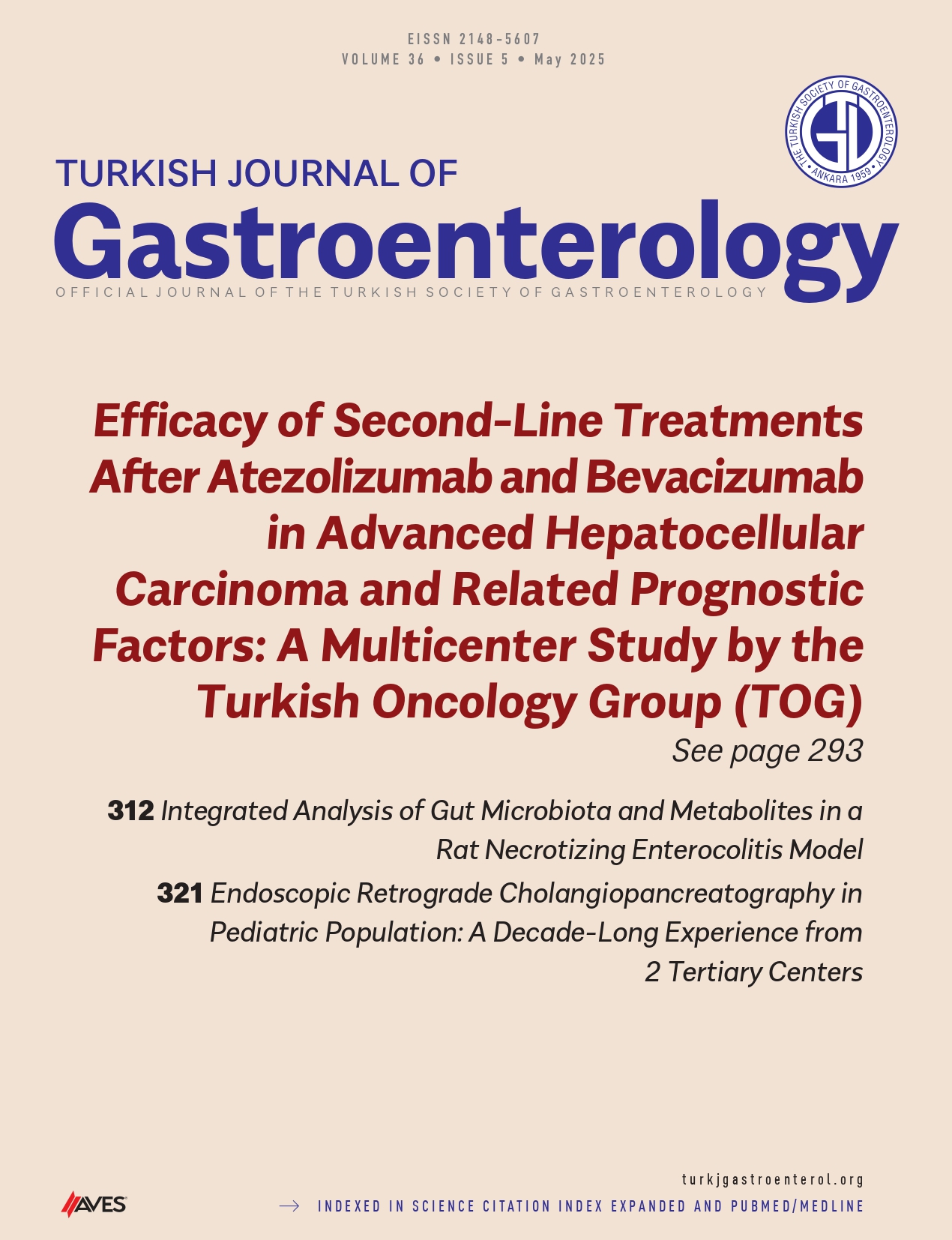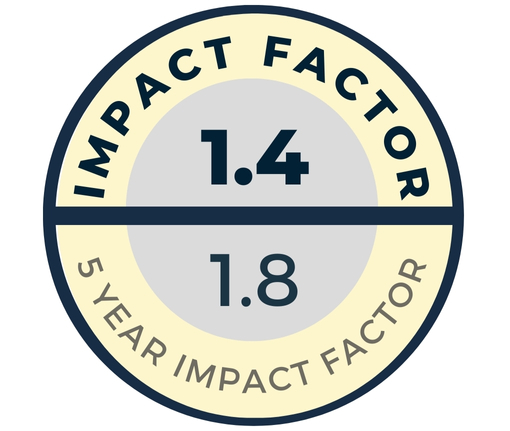Background/Aims: To evaluate invasive treatment outcomes for hepatocellular carcinoma (HCC) in patients aged over 90 years.
Materials and methods: Twenty-six patients were included. Information on backgrounds, course of treatment, outcomes, and changesin Child–Pugh (CP) score and performance status (PS), as well as a comparison of treatment-related complications and 2-year survival after treatment, were retrospectively examined and compared with 311 patients aged under 90 years who were matched under the same conditions.
Results: The mean patient age was 91.1 years. Seventeen patients had cirrhosis. The CP score was ≤ 7 across all cases. The Barcelona Clinic Liver Cancer stage was ≤B across all cases. The initial treatments were percutaneous local treatment and transcatheter arte-rial chemoembolization in 14 and 12 cases, respectively. Several patients with postoperative delirium and cognitive impairment were observed. No significant early post-treatment declines were observed in hepatic reserve and PS. The cumulative survival rates after treatment were 77.8% and 61.5% at 12 and 24 months, respectively. The 2-year survival after treatment for patients aged under 90 years was 87.4% and 75.7% at 12 and 24 months, respectively. No significant difference was observed in treatment-related complica-tions or 2-year survival rates between patients aged over and under 90 years.
Conclusion: This is the first report to analyze the course of invasive treatment for HCC in patients aged over 90 years. Safety wasensured if hepatic reserve and PS were maintained. The 2-year survival was comparable with that of patients aged under 90 years, sug-gesting benefit from HCC treatment.
Cite this article as: Yokoyama K, Tokushige H, Nagata T, et al. Outcome and prognosis of invasive treatment for hepatocellular carcinoma in very elderly patients over 90 years old. Turk J Gastroenterol. Published online January 13, 2024. doi 10.5152/tjg.2025.24163





.png)